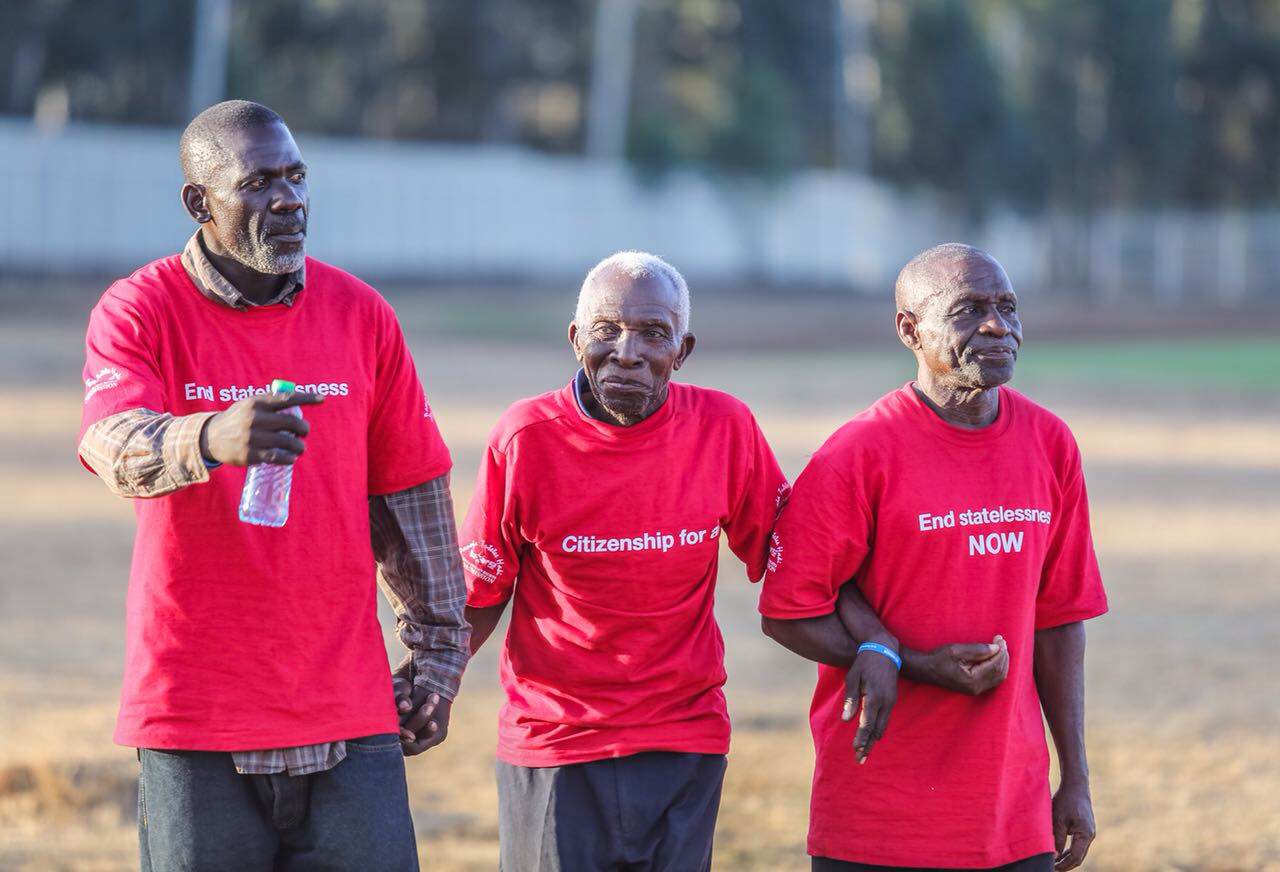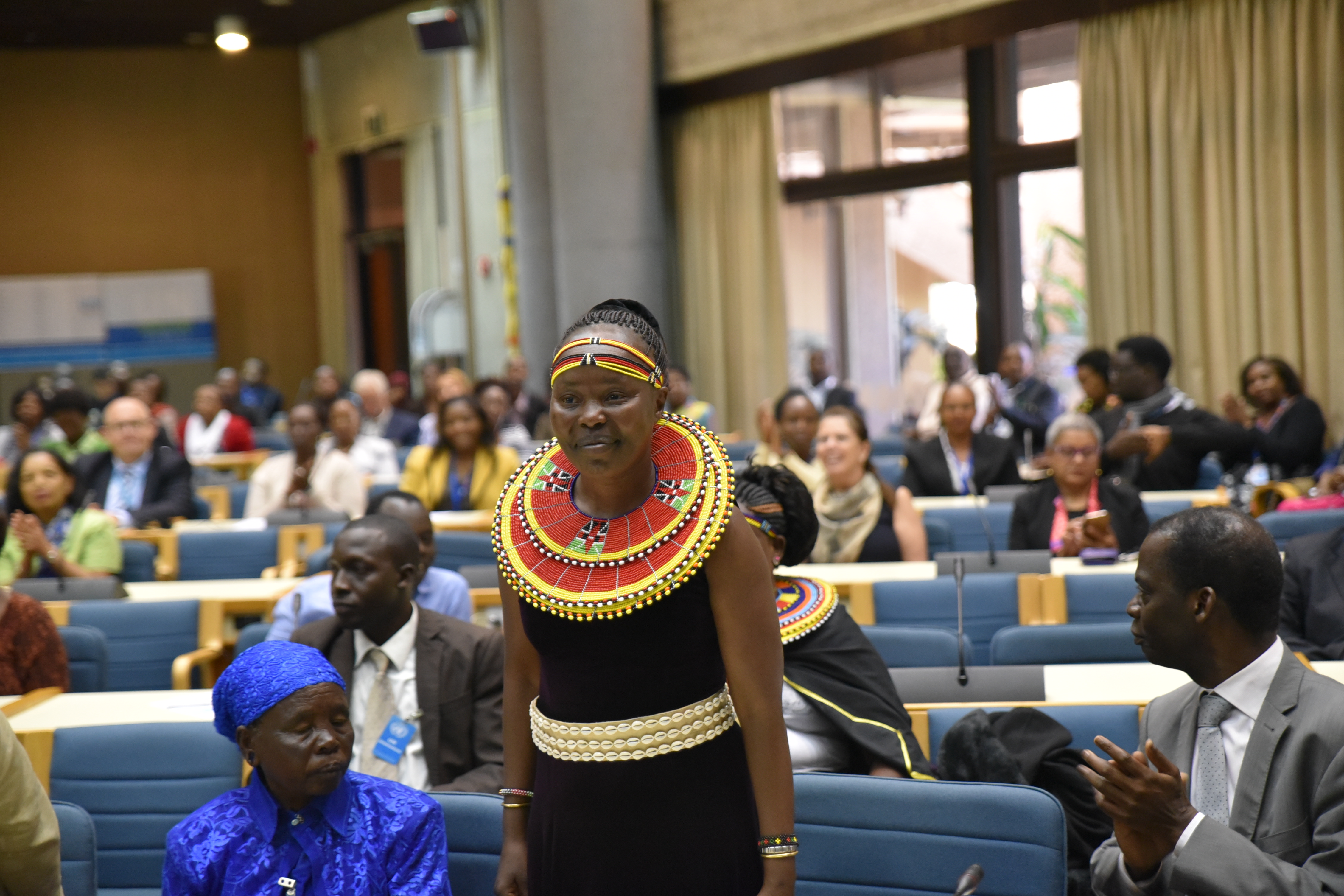Financial Requirements, Coordination and Fundraising
UNHCR’s financial requirements have risen in recent years.
To respond effectively to the assessed needs in Kenya, UNHCR’s financial requirements have risen in recent years, from USD 185.7 million in 2010 to a revised 2014 budget of USD 285.1 million. This recent growth is driven primarily by mass influx of refugees, the latest originating from South Sudan. Further to a comprehensive review of the overall needs, requirements and operational efforts to streamline service delivery, UNHCR Kenya’s 2015 financial requirements have dropped by 11per cent, from the 2015 budget of USD 251.2 million to USD 226.9million in 2016.
UNHCR works with a variety of partners in order to ensure the smooth and timely delivery of assistance and protection to refugees in Kenya. The Ministry of Interior and Coordination of National Government is UNHCR’s primary government counterpart in asylum and refugee management. UNHCR also works closely with various ministries within the national and county governments. Other main partners are the UN Country Team, international and national NGOs, and the Kenya Red Cross Society. The refugee operation has been included in the United Nations Development Assistance Framework (UNDAF) for Kenya and UNHCR Kenya is an active participant in the UN Country Team. In the refugee camps, World Food Programme (WFP) is the principal provider of food assistance.
To generate and maintain donor interest, obtain public support and increase reception of fresh funding (both from public and private sector) while securing traditional donors and identifying new ones, UNHCR Kenya is systematically coordinating information on funding inflows and implementation for stakeholders in the refugee programme. Joint planning and monitoring ensures that complementarity of funding is well coordinated through the Kenya Comprehensive Refugee Programme (KCRP) process. UNHCR also organises and coordinates missions with donors as well as hold regular briefings in Nairobi. To ensure visibility of UNHCR mandate, regional and national priorities as well as overall needs, UNHCR Kenya regularly provides information to stakeholders including donors on its activities through a website, data portals and social media accounts which include Facebook, Twitter, YouTube and Instagram.
In terms of coordination, UNHCR will continue to maintain and foster strategic partnerships to ensure that asylum-seekers and refugees in Kenya receive protection. Coordinated action will aim to deliver effective and sustainable solutions to improve their conditions, through engagement with key institutions in the national and county executives, legislatures and judiciary, as well as with the private sector and concerned communities.
UNHCR Kenya is grateful for the generous contributions of donors who have provided unrestricted and broadly earmarked funds, as well as to donors who have contributed directly to UNHCR operation in Kenya so far: USA | United Kingdom | European Union (ECHO +EC Japan) | Canada | Switzerland | Sweden | Australia | Private Donors in the Republic of Korea | Private Donors in Spain | Private Donors in Canada| Private Donors in the USA| Private Donors in Australia | Germany | Finland | Private Donors Qatar | Denmark.



